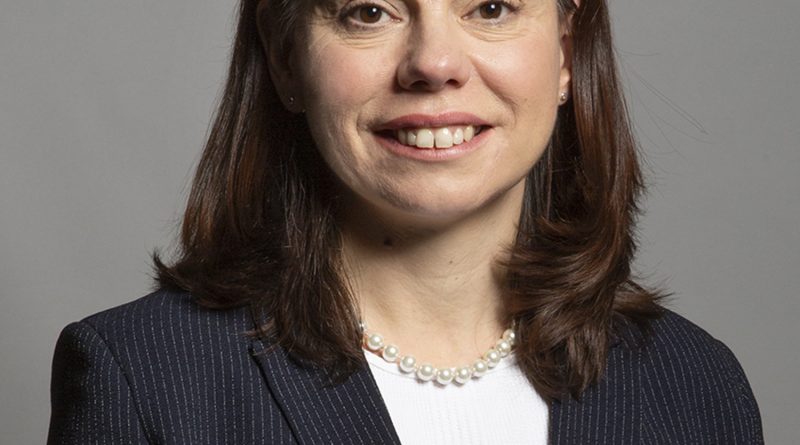Sarah Olney – 2022 Speech on Transport
The speech made by Sarah Olney, the Liberal Democrat MP for Richmond Park, in the House of Commons on 19 May 2022.
It is a real pleasure to contribute to this transport debate, because transport is so central to so many of the challenges facing us as a country, from net zero to levelling up. It is even central to the cost of living crisis, because the Prime Minister seems to want us to use our bus services as a refuge from unaffordable fuel bills.
For me, the most important issue that transport needs to tackle is decarbonisation. Local communities right across the country need better transport options that are not only greener, but more accessible, reliable and affordable. We need more and cleaner buses. I am delighted that two of our main bus routes in Richmond Park, the 65 and the 371, are now electric, which will have a positive impact on the air quality in both Kingston and Richmond—not only that, passengers can plug in their phone, which is a real win.
The Government need to go a lot further with their transport decarbonisation strategy. They have pledged £27 billion on new or upgraded roads, and a raft of ambitious goals and targets for phasing our carbon-emitting vehicles, but there is a distinct lack of detail in how those targets will be delivered.
I echo the comments of the hon. Members for Newbury (Laura Farris) and for Erith and Thamesmead (Abena Oppong-Asare) about the Elizabeth line and how marvellous it is that it has been opened, but there have been delays and extra costs. We need to leverage not just the opportunity that that extra connectivity offers to London and the south-east, but the opportunity to learn lessons from what went wrong on the Crossrail project and apply them to some of the other big transport infrastructure projects across the country. HS2, for example, has huge potential as an engine for economic growth across the north and the midlands, but it is so disappointing to see the scrapping of the Leeds leg, because that diminishes the opportunity to deliver on the Government’s levelling-up agenda.
As we are investing in new rail across the country, the Government should focus on accessibility and step-free access for passengers of reduced mobility. It is such an important issue. While we are building those railways and investing in new track and carriages, we should build in that accessibility at the very start. I also want to renew my call for more tactile paving across the network for the partially sighted. We have seen some horrific cases in London of blind people falling off the platform, leading to a number of deaths, because there was no tactile paving.
I am really pleased to see that the planning application has gone in for lifts at Barnes station under the Access for All programme. That will make a huge difference to the ability of people with limited mobility to use the station, but it must be said that more than 40% of stations across the UK do not offer that step-free access, and that needs to be addressed.
Following on from what the hon. Member for Putney (Fleur Anderson) said, may I just mention Hammersmith bridge for my constituents living in Barnes? I want to see the Department engaging with Hammersmith and Fulham on the funding for the strengthening of the bridge. I know the business case is in preparation, but I urge the Department to do everything it possibly can to support that work, because my constituents really, really need it. The Government also need to think about a strategic plan for bridges right across the country. When there is the sort of catastrophic failure that we have seen in Hammersmith, it is too much for a single local authority to fund.
Quickly on rickshaws, I would welcome an opportunity to meet the Minister to talk about legislation for the regulation of rickshaws. The hon. Member for Cities of London and Westminster (Nickie Aiken) brought forward legislation in the last Session on this matter. It could be a real game changer for those in my constituency and elsewhere in London and other cities who cannot access active travel in the same way. It could be an interesting opportunity and I would welcome the chance to take that forward. Transport for London needs a sustainable funding package, so that it can invest for the long term in projects such as those on Hammersmith bridge and on rickshaws.
I do not want to forget rural areas. We talk a lot about urban areas and solutions for urban areas, but too many rural areas are still very dependent on cars. In the south-west, for example, the cost of diesel is 0.5% higher than the national average, which really disadvantages people in places such as Devon when using their cars.
Finally, may I mention electric vehicles? We need to expand opportunities for charging and to think about a temporary reduction of VAT on electric vehicles to encourage take-up. The hon. Member for Erith and Thamesmead made a great case for investing in electric vehicle charging points, but if we want to accelerate the uptake of electric vehicles, we urgently need to consider making the price more attractive.

